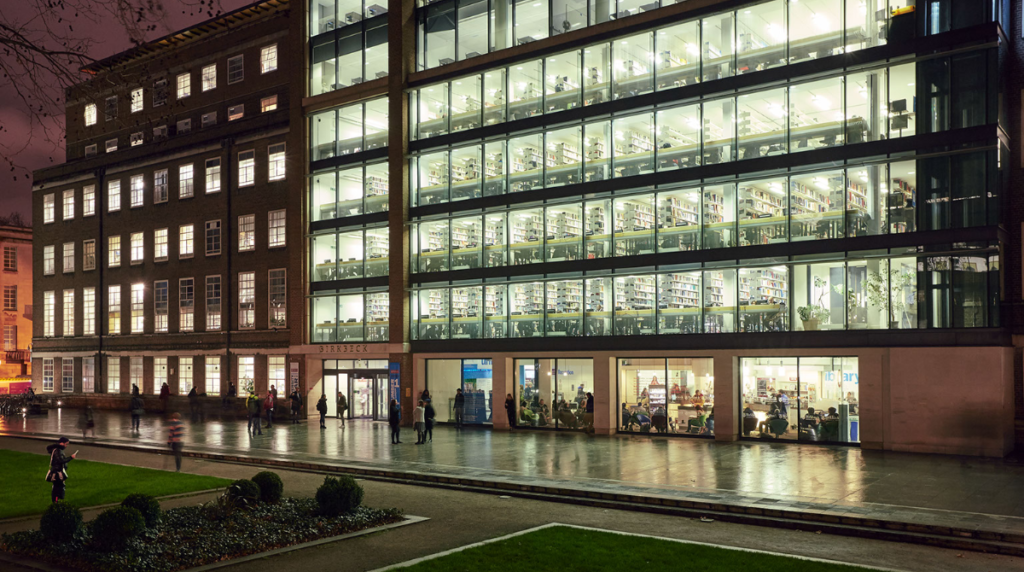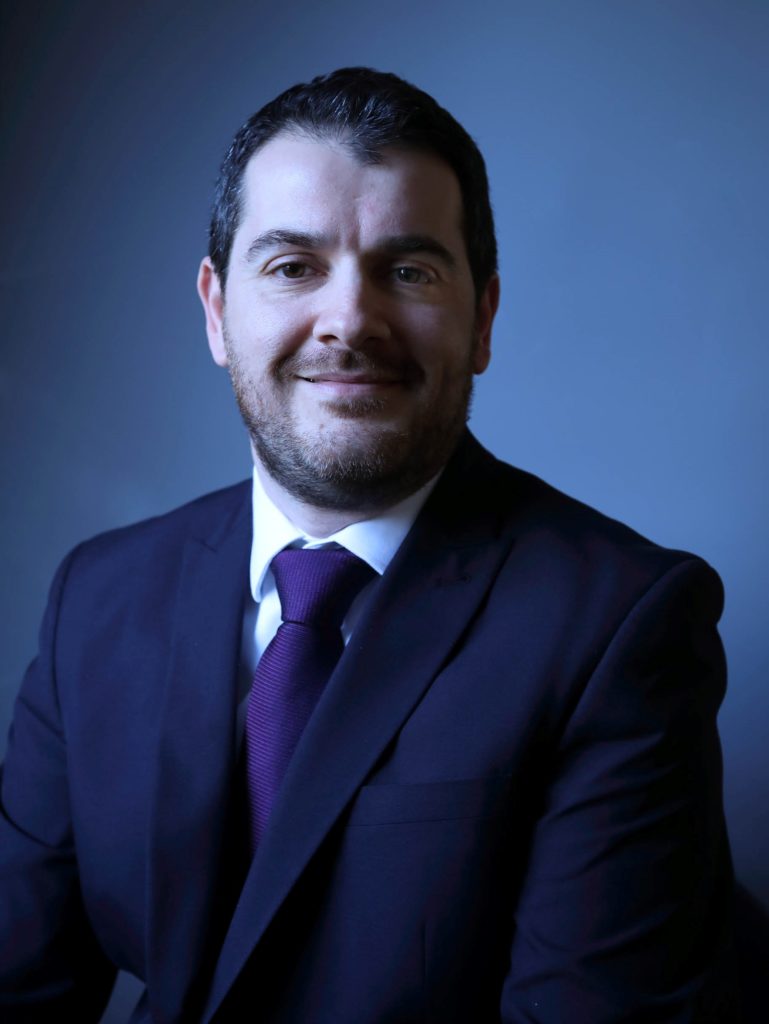By Shweta Menon, final year undergraduate Marketing student
With the dark nights of winter, a lot of us experience our mood getting gloomier. This feeling is so common that there’s even a name for it: ‘winter blues’.
Many people may only experience a mild version of winter blues while others can have a more severe type of depression known as Seasonal Affective Disorder (SAD). The lack of sunlight due to shorter days disturbs our body clock and hormone levels, which affects our mood and compels us to hit the snooze button a million times. If, like most people, you can’t cozy up under the duvet til the sun comes out, try these tips to beat the winter blues.
- Get loads of sunlight: Push yourself to go outdoors and soak in the little bit of daylight that’s available even if it’s cold outside. Exposing yourself to daylight helps improve your serotonin levels. And if like most of us you are occupied during the day hours with work, studies and other activities get yourself a SAD lamp or sunlight lamp to stimulate daylight. Also, if you are stuck indoors because of work or other commitments try and sit close to a window to help you get that extra dose of sunshine.
- Eat yourself happy: While the cold, dark weather may tempt you to indulge in a hot bowl of mac and cheese everyday it is important to remember to eat well. Sugar and carbohydrates may make you feel happy and satisfied in the moment but eventually will lead to your blood sugar crashing. So why not make yourself a nice warm bowl of winter vegetable soup or chilli to warm up your day?
- Get active: Sitting at home binging your favourite Netflix programmes under your blanket might seem relaxing but will end up making you feel bluer than you already are in the long run. Research shows that exercising helps your body to release the feel-good hormone serotonin. Even if it’s just a 10 minute yoga routine or a short walk in the park do get yourself moving. Not only does this improve your mood but also helps you maintain a healthy waistline.
- Listen to happy music: Swap your winter ballads for something more peppy and fun. The music you listen to has an impact on your mood. Why not put on some Lizzo for your next commute to work or university?
- Schedule something to look forward to in your calendar: January can feel like the longest month of the year! So instead of slogging through it, schedule some time to meet your friends and family, check out the exhibition you wanted to go to or the latest movie that’s out in the theatre. This can help give you something to look forward to and feel happy about despite the cold, miserable weather outside.
- Be kind to yourself: When feeling blue and down it can be hard to find motivation to do any of the above things. One day you might be motivated to exercise or meet friends while on other days you might just want to curl up on your couch and watch telly, and both are 100% okay to do. It is important to not go hard on yourself and listen to your body and mind and take things at your pace.
While you can’t make the season any brighter or warmer you can definitely do little things to give you a fuzzy, warm feeling inside 🙂









